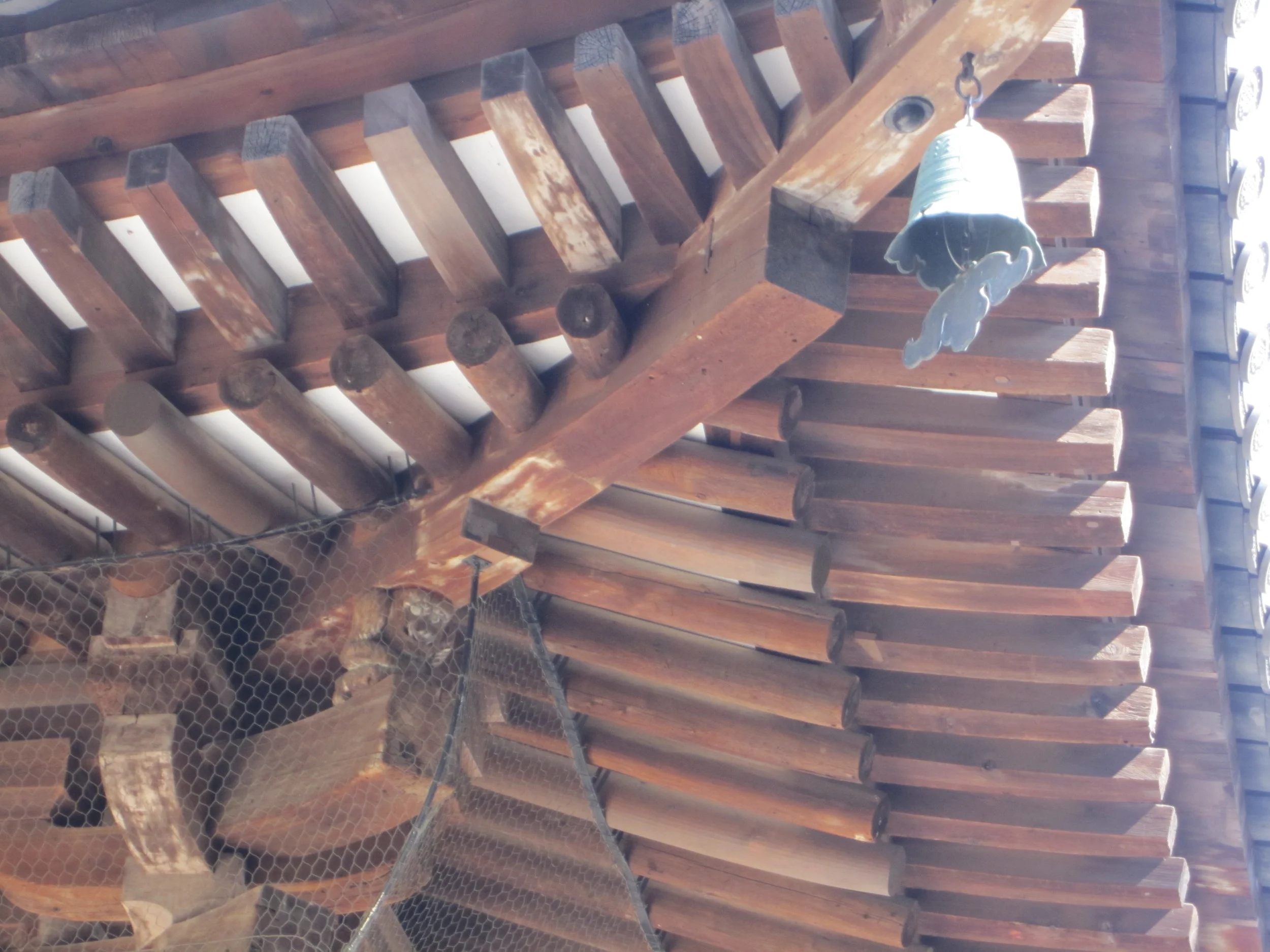To speak of “Zen and culture” is to enter such a vast topic that it is easy to get in over our heads. It is a topic that could easily fill a thick volume or a lecture series…
By putting “Zen” at the beginning, there is an abundance of possibilities such as: “Zen and Chinese poetry,” or painting, crafts, tea and flowers, gardens, architecture, literature, Noh drama, kendo, theater, dance, and so on. This doesn’t only apply to Japanese culture. If you look throughout the modern world for books with the title “Zen and…,” you will find “Zen and Movies” or “Zen and Painting,” or theater, poetry, sculpture, dance, and so forth, including all general art forms. If the scope is widened, there is “Zen and Politics,” or “Zen and Finance” or education, medicine, physical exercise, science, physics, biology, astronomy, war, and many other subjects. It is to this extent that with the word “Zen” at the beginning, the scope can become so wide that it includes everything.
If we make such a list, this might even create a false sense as if “Zen” holds a concrete position in civilization and general culture, the manifestation of mankind’s spiritual activity. When I come in contact with the words “Zen and culture,” I think automatically of two of Dogen Zenji’s poems, from a set entitled “Six Verses on Dwelling in the Mountains”:
“Sitting zazen as night gets late, still not sleepy;
I realize more and more that practicing the Way is best done in mountain forests.
The sound of valley streams enters my ears; the moonlight comes into my eyes.
Other than this, what other cares should I have?
For a long time, I’ve resided among people, beyond attachments.
Writing with brush and inkstone has already been discarded.
Seeing flowers and hearing birds sing brings little interest.
I don’t mind if people of this day and age laugh at my lack of talent.”
If these poems are taken literally, then Dogen Zenji can be thought of as being far away from cultural activity. He was an extremely rare person who completely devoted himself to shikan-taza and earnestly practiced only the Buddha Way of Zen. But for myself, I feel my chest get tight with emotion because Dogen Zenji had the scent of “Zen and culture” more than any other person. The two poems mentioned above are poems of exquisite purity and clarity. Dogen Zenji straightforwardly expresses life in the mountains with graceful, elegant words and furthermore expresses precisely the basic principles of Zen. It even seems as if poetry and Zen mind have become one. These poems express Dogen Zenji’s noble severity, his intensity, and also give us a taste of his lofty, yet intimate and warm character.
- Rev. Gengo Akiba -
Originally published in "Dharma Eye" Soto Zen Quarterly



